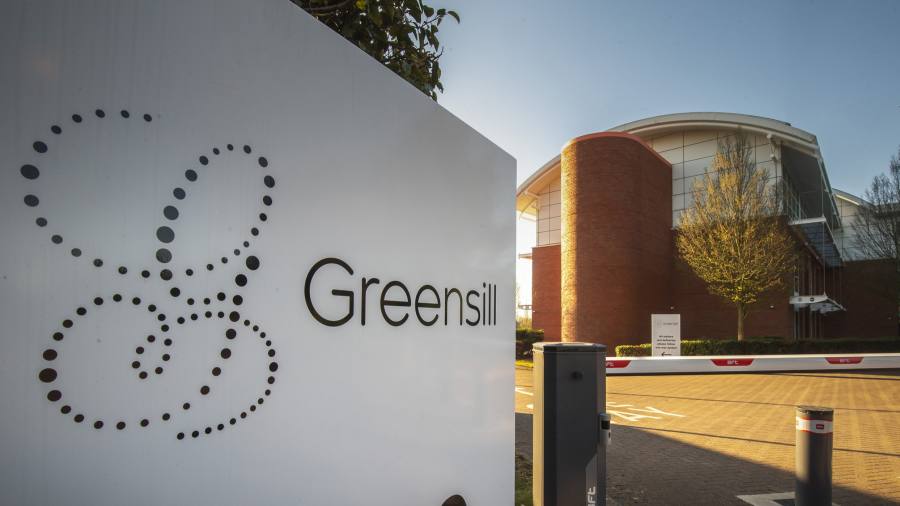US-based private finance group White Oak is suing Marsh for $143mn in relation to its work for Greensill Capital, arguing the insurance broker failed to pass on crucial information regarding problems with the collapsed supply-chain finance firm’s insurance cover.
The suit in London from White Oak’s European arm, detailed in a filing seen by the Financial Times, marks the latest legal fallout from the failure of the business led by Lex Greensill and advised by former UK prime minister David Cameron following the lapsing of its insurance.
Greensill’s collapse also came after Greg Brereton, a Sydney-based underwriter who had funnelled billions of dollars worth of coverage to the group, was fired for allegedly breaching his underwriting limits.
The latest legal action raises the legal stakes for Marsh, whose role in placing Greensill’s insurance was crucial to the firm’s packaging-up of debts for investors but has largely stayed on the sidelines as a crucial test case takes place in Australia, with Greensill investors including White Oak pursuing Greensill’s insurers for payouts.
White Oak was one of the firms to invest in Greensill’s ill-fated receivables scheme, arising from goods and services sold by Liberty Commodities, part of Sanjeev Gupta’s GFG Alliance.
In the legal filing, it argues the trade credit insurance cover for these debts, which protected investors against non-payment, was “fundamental” to its decision to invest. It highlighted Marsh’s role in confirming the terms and existence of the cover.
White Oak argues that from at least July 2020, Marsh was aware that Tokio Marine, Greensill’s lead insurer, had taken the decision not to extend further insurance to the group.
Between December 2020 and February 2021, White Oak acquired $143mn of receivables from Greensill after receiving documents from Marsh regarding the insurance cover on the investments.
It argues that its exchanges with the broker showed Marsh “knew or ought to have known that White Oak was relying upon Marsh and the contents and accuracy” of documents it had provided, or that such reliance was “reasonably foreseeable”.
White Oak said that since the expiry of the insurance cover it had received no payment on the particular receivables which were “now long past their maturity dates”. It added certain account debtors within the scheme either “have no outstanding indebtedness” to Liberty Commodities, “do not recognise the relevant receivable” or “have no transaction history whatsoever” with Liberty Commodities.
White Oak argues Marsh was obliged to inform it of Greensill’s wider insurance problems from July 2020 onwards, including the investigation into Brereton’s conduct, and that there was “a real risk that the matters that had been brought to its attention from July 2020 onwards might affect White Oak’s coverage”.
It argues Marsh “failed to take reasonable steps” to ensure the documents it provided to White Oak and representations were accurate, citing “implied representations” that the insurers were not disputing coverage.
Marsh and GFG declined to comment. GFG has previously claimed that its facilities allowed it to use “prospective receivables”, a term for borrowing against hypothetical future invoices.
White Oak did not immediately respond to a request for comment.
In a legal filing last year, Brereton said he would not have signed off on the Greensill cover if he had been aware of “misleading and deceptive conduct” by the firm. Tokio Marine has accused Greensill Capital of using “fraudulently obtained” insurance policies.
In evidence to MPs in 2021, Lex Greensill stressed the role of Marsh in providing information on the insurance cover and said the firm was “absolutely” convinced its insurance would be renewed until shortly before its expiry.
“[Investors] knew the termination date of the cover the same day that I knew about the termination date of the cover,” he said.
After Greensill’s collapse, Marsh stressed that its role “was not to be an insurer, banker, or credit analyst”, but an insurance broker and that insurers “made their own determinations about what risks to cover”.
Read the full article here




